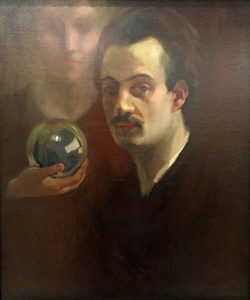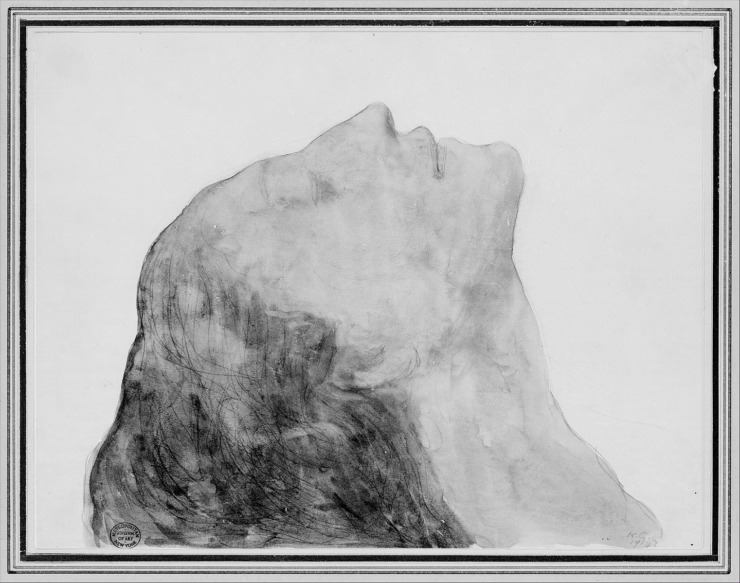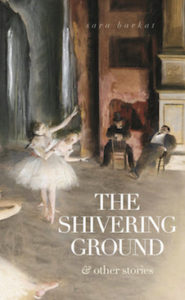< Return to Kahlil Gibran Poems
God
In the ancient days, when the first quiver of speech came to my lips, I ascended the holy mountain and spoke unto God, saying, “Master, I am thy slave. Thy hidden will is my law and I shall obey thee for ever more.”
But God made no answer, and like a mighty tempest passed away.
And after a thousand years I ascended the holy mountain and again spoke unto God, saying, “Creator, I am thy creation. Out of clay hast thou fashioned me and to thee I owe mine all.”
And God made no answer, but like a thousand swift wings passed away.
And after a thousand years I climbed the holy mountain and spoke unto God again, saying, “Father, I am thy son. In pity and love thou hast given me birth, and through love and worship I shall inherit thy kingdom.”
And God made no answer, and like the mist that veils the distant hills he passed away.
And after a thousand years I climbed the sacred mountain and again spoke unto God, saying, “My God, my aim and my fulfilment; I am thy yesterday and thou are my tomorrow. I am thy root in the earth and thou art my flower in the sky, and together we grow before the face of the sun.”
Then God leaned over me, and in my ears whispered words of sweetness, and even as the sea that enfoldeth a brook that runneth down to her, he enfolded me.
And when I descended to the valleys and the plains God was there also.
—Kahlil Gibran
About Kahlil Gibran
Kahlil Gibran (جبران خليل جبران) was a writer, visual artist, and poet with a prolific collection of work. He was born in 1883 in a village in the Mount Lebanon Mutasarrifate and in 1893 moved with his family to the United States where he enrolled in school in Boston, then went back home when he was fifteen to enroll in the Collège de la Sagesse. In 1902 he came back to Boston, and two years later his artwork was displayed for the first time. In 1905 he published his first book, and after that studied art in Paris for three years. Gibran wrote books in both Arabic and English, including poems, plays, fables, short stories, and political essays.
His cousin, Kahlil G. Gibran, a sculptor, described his work in this way. “Ignoring much of the traditional vocabulary and form of classical Arabic, he began to develop a style which reflected the ordinary language he had heard as a child in Besharri and to which he was still exposed in the South End [of Boston]. This use of the colloquial was more a product of his isolation than of a specific intent, but it appealed to thousands of Arab immigrants.” (Robin Waterfield, 1998) He was inspired by the King James Bible, the works of William Blake, whose drawings were in Gibran’s opinion “so far the profoundest things done in English.” (Joseph Ghougassian, 1973) Other inspirations included Francis Marrash (فرنسيس بن فتح الله بن نصر الله مرّاش), Walt Whitman, and Friedrich Nietzsche.

“Self Portrait and Muse” by Kahlil Gibran
With visual art Gibran worked in oils, pencil, ink, watercolor, and gouache, and created more than seven hundred pieces of visual art. His work is featured in a number of museums, and his work The Prophet has been translated into more than 100 languages and has never been out of print, becoming popular in the American counterculture and New Age movement. The book was admired by Elvis Presley, John Lennon, Johnny Cash, David Bowie, Gilad Hochman (גילעד הוכמן) and Dana Al Fardan. Gibran has museums, memorials, schools, a garden, and a crater on Mercury named after him.
We hope you enjoyed “God” by Kahlil Gibran! If you liked “God” by Kahlil Gibran, you might enjoy more poems by him in the full library.
< Return to Kahlil Gibran Poems
“Stunning…from start to finish. Barkat is a fierce new voice.”

